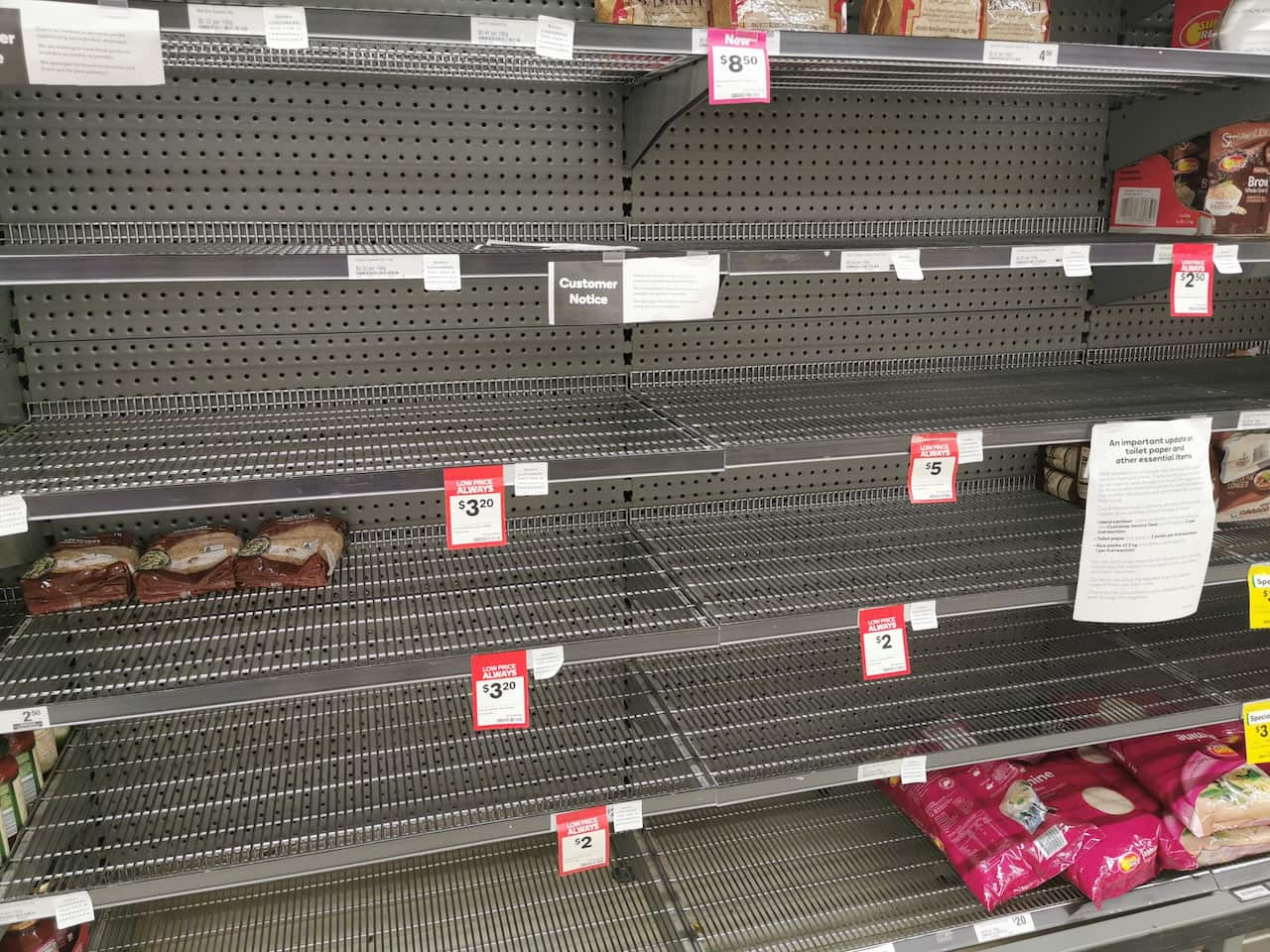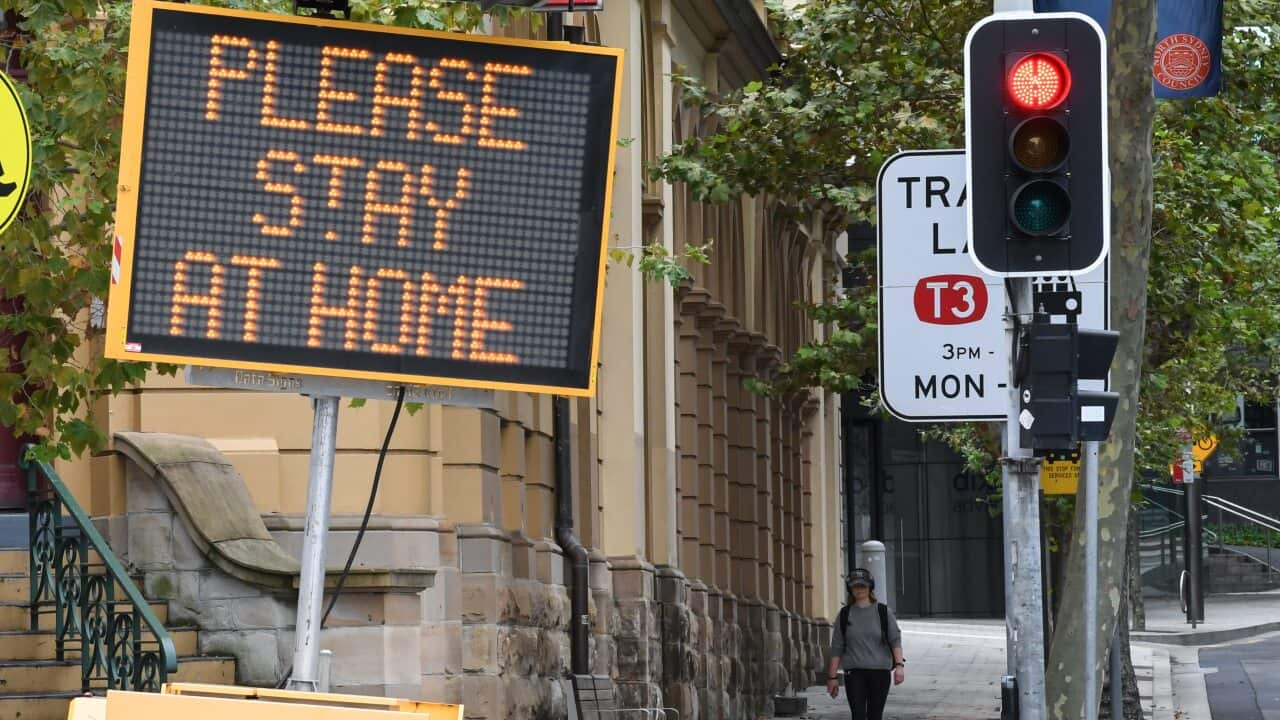When Ibrahim Yusuf, a Melbourne businessman, went to buy groceries at a wholesale supermarket last month, he witnessed what he describes as “chaotic scene”, the scenes of empty shelves, people fighting over trollies and rushing to buy particular items. He says the sight was reminiscent of days of civil war in his native country, Somalia, that he thought he would never witness in Australia.
“It reminded me of the time when the Somali government collapsed in the early nineties and people were rushing to shops to buy whatever was available as thousands fled the city gripped by fighting,” he told SBS Somali.
Most Somali migrants in Australia came here as refugees following the outbreak of the civil war that led to the collapse of the government in Somalia in 1991, and many have experienced violence and loss of loved ones.

Experts feel that the measures implemented to fight the virus, including lockdowns, self-isolation and placing limits on buying items at supermarkets may inadvertently cause “significant emotional distress” in those who have experienced violence and trauma in the past.
“These lockdowns and restrictions can re-trigger trauma in those migrants who have experienced violence in the past, particularly the elderly,” Abdibasid Mohamed, a Somali-born Psychotherapist and behaviour analyst in Oslo, told SBS Somali.
“Many are still separated from their family members who may be in refugee camps or may have fled to other parts of the world, these conditions can be a source of deep anxiety, remind them of the dangerous and uncertain times,” he says.

A strong social community focus is embedded in the Somali culture and many may struggle to cope with strict measures that require physical separation.
“Socialising plays an important part in our physical and mental well-being, shaking hands and hugging and visiting the sick is quintessential Somali culture. But these all are banned to prevent the spread of the pandemic and it can add to anxiety and overall mental health issues,” he says.
He says while it is important to stay informed in these emotionally challenging times, being exposed to large volumes of negative information can heighten feelings of anxiety.
Mr Mohamed urges people to reduce the negative information overload about the virus.
Because of a surge in demand for mental health services during the COVID-19 pandemic, the Federal Government has expanded Medicare subsidies for bulk-billed telehealth to the entire population under a $1.1 billion package.
Australians with a mental health care plan can have consultation sessions over the phone or via video chat on FaceTime, Skype or Whatsapp.
Information on looking after your mental health during the coronavirus outbreak is available at beyondblue.org.au.
Readers seeking further support can contact Lifeline crisis support on 13 11 14, Suicide Call Back Service on 1300 659 467 and Kids Helpline on 1800 55 1800 (for young people aged 5 to 25). Embrace Multicultural Mental Health supports people from culturally and linguistically diverse backgrounds.
You can also access help via
MensLine Australia on 1300 789 978
Beyond Blue on 1300 224 636
Headspace on 1800 650 890
Care Leavers Australasia Network (CLAN) on 1800 008 774
